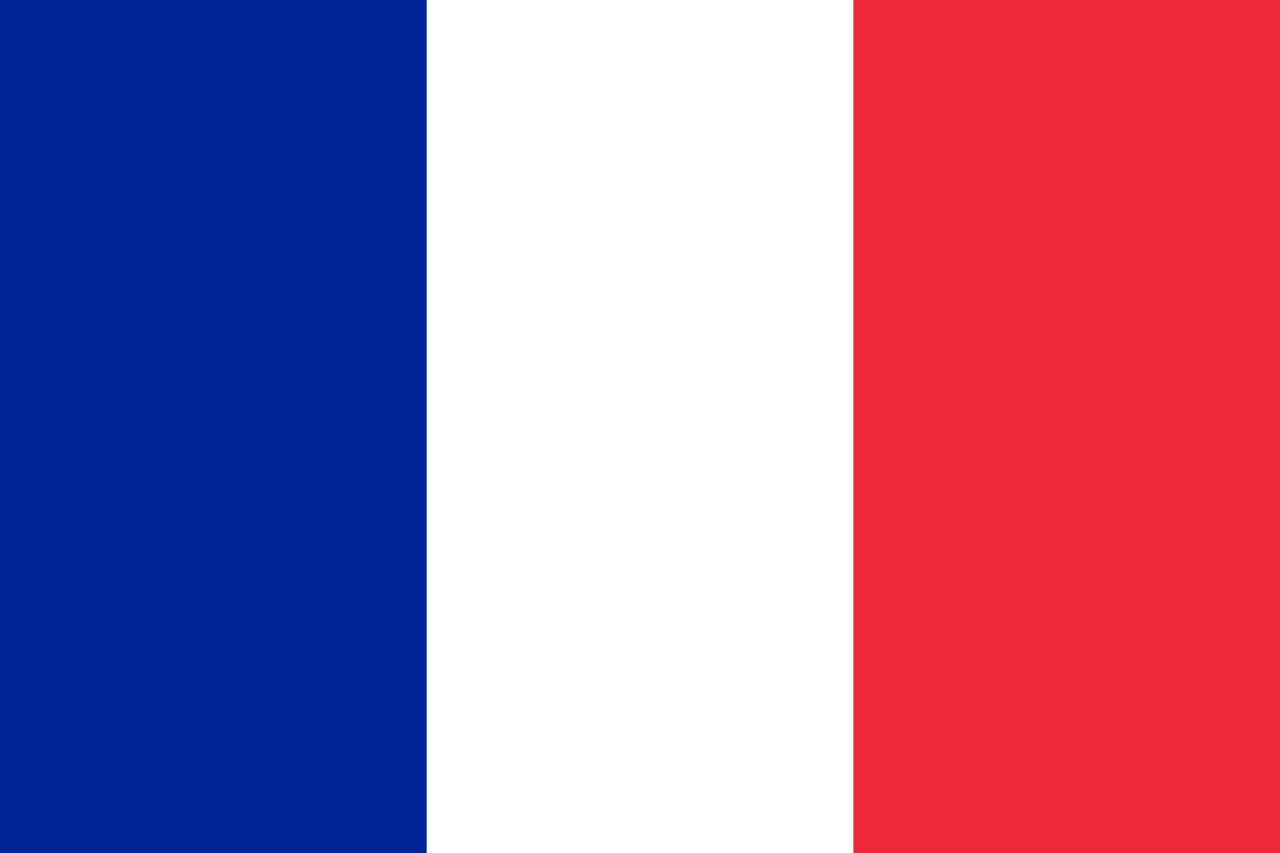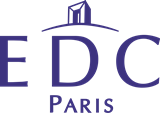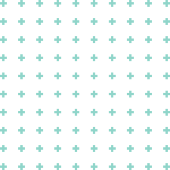






Study in France
GDP
$ 2.7 Trillion (7th)
Population
67 million
Language
French
Capital
Paris
Currency
Euro €
Temperature
1.8° C to 45.9° C
- Why Study in France
- Accommodation
- Student Visa Process
- Post Admission
- Top Universities
- Top Courses
- FAQ
Why Study in France
- France is the world’s 4th largest study destination for international students and also a leading non-English speaking destination
- To study in France for Indian students, acquiring a French degree can give you access to those 570 French companies that are operating in France. Besides, based on the agreement between two nations, Indian students can stay in France for 24 months duration post completion of courses.
- The programs are professionally oriented with theory and practicals combined with professional tools
- There are more than 1500 French programs that are taught in English
- France leads in being the hub for the researchers and innovators with over 64 Nobel Laureates and 15 Fields Medals

With several study programs to offer, some of the most popular streams for international students are Business, International Business, Luxury Management, Business Analytics, Arts, History, Space, Nuclear, Medicine, Economics, Teaching, and others. Various student programs offered by French universities are best-in-class and have challenging study patterns that help students prepare for brighter and rewarding career opportunities. For those with language barriers, France is the best place that offers courses in French as well.
Home to a lot of reputed universities and institutions, each of these educational hubs is featured in the QS World University Rankings and in Times Higher Education World University Rankings. Each of these universities offers universally recognized degrees and certificates with student learning experiences. Some of the most popular institutions are Universite PSL, Ecole Polytechnique, Sorbonne University, INSEAD, ESSEC Business School, and HEC Paris. Also, there are French universities where students can pursue an interdisciplinary curriculum that permits them to have creative and innovative freedom to follow their academic aspirations.
Accommodation (Cost of living expenses)
France is a country eminently known for its wonderful people, phenomenal fashion industry, lovely food, and beautiful art galleries. To study in France costs cheaper than in the UK and the USA. Any student would love to study here with an affordable budget with higher efficiency. Majorly, the cost of living in France includes accommodation, food, travel, phone calls, clothing, travel, internet, and several other miscellaneous expenses. The average cost estimation with the expenses incurred by foreign students in France on monthly basis is enumerated as below:
| S.No. | Particulars | Monthly Expenditure in Paris | Monthly Expenditure in Province |
| 1 | Housing | EUR 990 | EUR 630 |
| 2 | Food | EUR 150 | EUR 150 |
| 3 | Transportation | EUR 30 | EUR 20 |
| 4 | Cellphone, internet, TV | EUR 25 | EUR 25 |
| 5 | Insurance | EUR 5.3 | EUR 5.3 |
| 6 | Electricity | EUR 50 | EUR 50 |
| 7 | Outings and leisure | EUR 80 | EUR 80 |
| 8 | Taxes (10% of the lease) | EUR 73 | EUR 42 |
Besides, the average cost for some of the popular food items are as below:
- Restaurant Meal 10 EUR
- McDonald’s Combo Meal 6.50 EUR
- Domestic Beer 3 EUR
- Cappuccino 3 EUR
- Coke/Pepsi 3.00 EUR
- Loaf of White Bread 3.00 EUR
- Milk, 1 liter 1.20 EUR
- Petrol 1.60 EUR per gallon
- Internet 30.00 to 50.00 EUR
Student Visa Process
On yearly basis, almost 3,00,000 international students visit France to pursue quality education. With a variety of programs available for the students, all they need to do is choose the right course and apply for the program online and complete the admission process. Students need to follow the below process for acquiring a Visa to study in France.
France Student Visa Process
There are several types of student visas. The one you require will depend on how long you want to stay and study in France. Take a look at the below table to find out what kind of visa you will need to issue.
| Sr No | Visa Type | Key Features |
| 1 | Schengen Student Visa | Visa Name : Court sejour pour etude For courses less than 3 months duration |
| 2 | Visa for Entrance Exams | Visa Name: Visa de court sejour etudeant concours For a one-time visit to France (for appearing in any of the university entrance exams) |
| 3 | Temporary Long Stay Visa | Visa Name: Visa de long sejour temporaire pour etudes For courses with a duration of up to 6 months |
| 4 | Long-Stay Visa | For 3 years bachelor degree; 2 years masters degree, and 4 years Ph.D. program A residence permit is included in this visa |
1. Get an acceptance letter from Recognized France University or Institution
Apply for a visa once you receive an acceptance letter from a University in France
2. Take an appointment with your local consulate
Make your application in person from your nearest French embassy or consulate. If possible, book an appointment online
3. Finish your application and provide documents
While you attend your visa appointment you must complete and sign a visa application, submit it with the necessary documents (as listed below)4. Wait for the decision
The visa application process can take between 4 to 8 weeks or more in case of applying for a French visa. You can track the progress of your application on the French visa office/embassy/consulate
5. Apply for the residence permit
Soon after you arrive in France, you will need to apply for a residence permit within one month.

Attend Your Visa Appointment
During your appointment at the France consulate or embassy, you will need to attend a short interview with a consular officer. They will interrogate you with few questions on your plans and your reasons for your trip to India.
Depending on the interview, you shall get your visa. Hence, creating a good impression during the interview is essential. Make sure you carry all your documents when you go for the appointment. Missing a single document can make your application get rejected.
Documents Required for Student Visa In France
- An official acceptance letter onto an accredited program at a French institution. This should be on official headed paper, featuring your full details, the details of your program of study, and the start and end dates of study.
- Proof of sufficient funds for living in the country. The current amount required is €615 (US$820) per month, which can be shown with a bank statement, a guarantor’s letter, or a notice of funding from a loan, scholarship, or grant.
- Proof of return ticket home. Often this is in the form of the actual ticket or reservation showing the date of departure, but can be a handwritten statement of intent, including intended departure dates.
- Proof of medical insurance (minimum cover €30,000, US$40,150)
- Proof of accommodation. Can be shown in the form of student housing confirmation or a certificate of board and lodging or ‘attestation d’accueil’ (if you’re living with friends or relatives).
- Proof of proficiency in French, if you are studying a French-language course.
Work Opportunities (Post Admission)
International students pursuing their studies from France can get decent job opportunities to undertake with paid-up work up to 964 hours per year. However, this is possible subject to certain conditions. An international student must have a valid work contract and residence work permit in France. Secondly, post completion of studies, if the student wishes to study in France, he or she must be paid at least 1 and half times the minimum wage of EUR 2220 per month. This work opportunity will allow the students to develop their various skills such as confidence, creativity, interpersonal, and will help them find ways to deal with challenging situations.
Apart, the below facts must be considered before you wish to begin with your part-time or full-time career in France while studying or post-study.
- The university must not have any objection to your part-time working decision
- There is no requirement of any temporary employment authorization as the residence permit becomes the inbuilt clause for the same.
- All the students in France including the students who got enrolled in the first year of university or a language program are eligible to work in France
- The student can also apply for employment at the university he or she is studying in or any other higher institute or university.
- At universities, students are offered a contract for one year that covers the period of 1 Sep to 31 Aug.
Top Universities in France






































Top Courses
Before selecting your destination country, it is also important to research the top courses sought by international students in those countries. This is a really good indicator to understand why students might choose to study certain courses in specific destinations. The main factors driving the favorable course choices for a study destination are the location, economy (GDP) and predominantly emerging job markets in that study destination. ApplyRobin with its years of experience and dealing with students from around the world has already listed the most preferred courses in France
FAQs
1. How much does it cost to study in France?
Previously, the public universities in France offered higher education at low costs to both EU and non-EU students. But now, the French government has decided of increasing the tuition fees for the Non-EU students who begin with the new course in a French university from September 2019. So, the upgraded tuition fees for higher education in the public French university are as follows:
For European Students
- Bachelor’s level of studies: EUR 170 per annum
- Master’s level of studies: EUR 243 per annum
- School of Engineering: EUR 601 per annum
- Doctoral level of studies: EUR 380 per annum
For Non-EU students
- Bachelor’s level of studies: EUR 2770 per annum
- Masters level of studies: EUR 3770 per annum
- Doctoral level of studies: 380 per annum
For private or government institutions in France, the tuition fees are quite affordable as compared to the US and UK universities. For private institutions, the international students may need to incur tuition fees of up to EUR 3000 – 10000 per annum.
2.Can international students work in France?
International students pursuing their studies from France can get decent job opportunities to undertake with paid-up work up to 964 hours per year. However, this is possible subject to certain conditions. An international student must have a valid work contract and residence work permit in France. Secondly, post completion of studies, if the student wishes to study in France, he or she must be paid at least 1 and half times the minimum wage of EUR 2220 per month. This work opportunity will allow the students to develop their various skills such as confidence, creativity, interpersonal, and will help them find ways to deal with challenging situations.
Apart, the below facts must be considered before you wish to begin with your part-time or full-time career in France while studying or post-study.
- The university must not have any objection to your part-time working decision
- There is no requirement of any temporary employment authorization as the residence permit becomes the inbuilt clause for the same.
- All the students in France including the students who got enrolled in the first year of university or a language program are eligible to work in France
- The student can also apply for employment at the university he or she is studying in or any other higher institute or university.
- At universities, students are offered a contract for one year that covers the period of 1 Sep to 31 Aug.
3.How much can an international student earn in France?
International students pursuing their studies from France can get decent job opportunities to undertake with paid-up work up to 964 hours per year. However, this is possible subject to certain conditions. An international student must have a valid work contract and residence work permit in France. Secondly, post completion of studies, if the student wishes to study in France, he or she must be paid at least 1 and half times the minimum wage of EUR 2220 per month. This work opportunity will allow the students to develop their various skills such as confidence, creativity, interpersonal, and will help them find ways to deal with challenging situations.
4. How to get PR after study in France?
Once the student completes the studies in France, they must leave the country as per the immigration rules. However, the student can apply for a residence permit for France if he or she has acquired a paid employment. This becomes applicable to those students who have a bachelor’s degree or master’s program. With this condition, they can apply for a work permit as well.
Also, a student must apply for the APS visa that allows you to stay in France for 2 years. At the same time, you can try to get the French Language Certificate for at least the B2/C2 level.
5. Can a student stay/settle in France after study?
Those students who take up long courses like bachelors and masters and also possess a Visa de Long Sejour Etudes or Long Stay Study Visa for France can get permission to stay in the country after completing the course.
Besides, foreign students from a country in the EU, EEA, or Switzerland can stay in France for work after completing graduation. They can also stay as long as they want. In case if they are under 28 years, they can work as an international volunteer in a French administrative office or company abroad.
6.Can I apply to France without IELTS/TOEFL & SAT/GRE/GMAT?
There is no particular mandate to clear GRE/GMAT or IELTS for French universities. Hence, you can study in France without IELTS. However, it is advisable to get a plus point over other candidates to clear one. Mainly universities in France consider undergrad scores to be at least 70%. The admission criteria will change from university to university.
Also, to be noted that the French language proficiency test is a mandate (TCF). Test de Connaissance du francais and le TEF (Test da Evaluation de francais – French assessment test) are the standardized language tests that are required to be taken to get admission to colleges in France.
7. What are the required documents to apply for admission to France?
You can use the below checklist just to ensure that all your supporting documents are available to make the most of your appointment and the application for a university
- A Campus France authorization
- A copy of your passport
- A passport-sized photo of yourself
- Copies of past exam transcripts and graduation diplomas
- A copy of your European health card (for EU students)
- Many colleges charge a fee to submit an application
- A civil liability certificate
- A cover letter
- French and/or English proof of language proficiency
- Proof that you have the financial resources to fund your stay in France
8.What is the process of Applyrobin?
Apply Robin provides a smooth and seamless student visa service. We have made the whole process hassle-free with exclusive student services. From application to departure at your desired study location, we make the students’ experience easy and memorable. Take a look at the below process:
- Student Counselling For University Selection
- Application Form Filling
- Documentation Support
- Follow-up With the University
- Making Payment to the University
- Get the Final Acceptance Letter
- Visa-Support
- Post Visa – Pre Departure Assistance
9.How do I get my student visa for France?
On yearly basis, almost 3,00,000 international students visit France to pursue quality education. With a variety of programs available for the students, all they need to do is choose the right course and apply for the program online and complete the admission process. Students need to follow the below process for acquiring a Visa to study in France.
The below steps are needed to be followed to get your France student visa:
1.Get an acceptance letter from Recognized France University or Institution
Apply for a visa once you receive an acceptance letter from a University in France
2. Take an appointment with your local consulate
Make your application in person from your nearest French embassy or consulate. If possible, book an appointment online
3. Finish your application and provide documents
While you attend your visa appointment you must complete and sign a visa application, submit it with the necessary documents (as listed below)
4. Wait for the decision
The visa application process can take between 4 to 8 weeks or more in case of applying for a French visa. You can track the progress of your application on the French visa office/embassy/consulate
5. Apply for the residence permit (only for those who pursue bachelors or masters degree)
Soon after you arrive in France, you will need to apply for a residence permit within one month.
10.How much monthly budget should a student expect in France?
France is a country eminently known for its wonderful people, phenomenal fashion industry, lovely food, and beautiful art galleries. Being cheaper than the UK and the USA, any student would love to study here with an affordable budget with higher efficiency. Majorly, the cost of living in France includes accommodation, food, travel, phone calls, clothing, travel, internet, and several other miscellaneous expenses. The average cost estimation with the expenses incurred by foreign students in France on monthly basis is enumerated as below:
| S.No. | Particulars | Monthly Expenditure in Paris | Monthly Expenditure in Province |
| 1 | Housing | EUR 990 | EUR 630 |
| 2 | Food | EUR 150 | EUR 150 |
| 3 | Transportation | EUR 30 | EUR 20 |
| 4 | Cellphone, internet, TV | EUR 25 | EUR 25 |
| 5 | Insurance | EUR 5.3 | EUR 5.3 |
| 6 | Electricity | EUR 50 | EUR 50 |
| 7 | Outings and leisure | EUR 80 | EUR 80 |
| 8 | Taxes (10% of the lease) | EUR 73 | EUR 42 |
Admission Timeline /Admission Process to Study in France
Application Start Dates
Applications for the majority of courses open in months of September/October in the year before the course starts. For eg, for 2021 Sept/Oct intake, applications begin in September 2020.Application Start
Dates
Submission of Application
The application submission deadlines may differ for bachelor and master applications depending on university and course of study. The dates typically range from October-January.Submission of
Application
Application Result
Applicants generally receive admissions results during Jan/Feb. Admission decisions may sometimes be delayed to March depending upon the number of applicants for a specific course for Study in France.Application Result
Apply for Visa
The visa processing time for a student visa for study in France is not extensive. It is best for applicants to have their VISA ready during May/June to prevent any last-minute problems or delayed visa. Click for Visa checklistApply for Visa
Academic session Begins
The academic session for most universities in France starts either Sept/Oct. However, there are other intakes offered also by France universities.Academic session
Begins
Latest from our blogs


